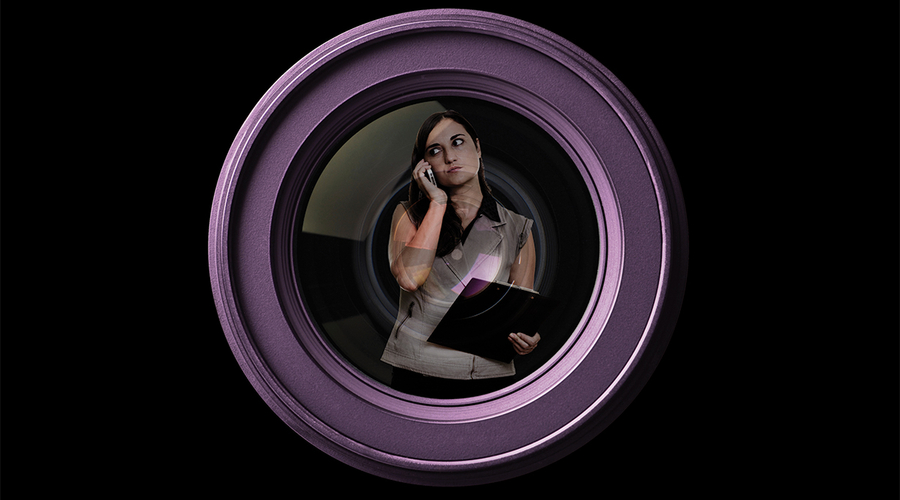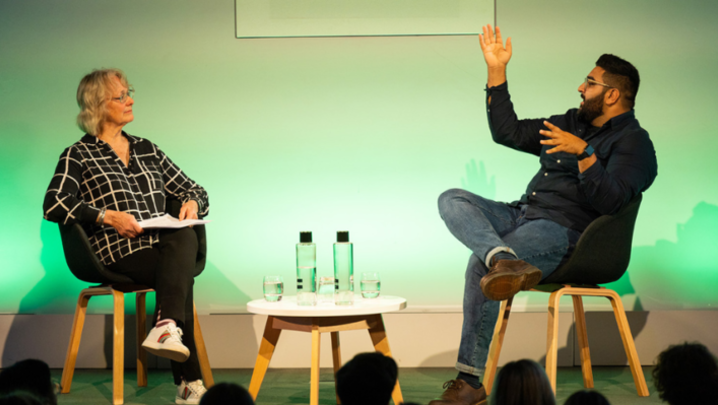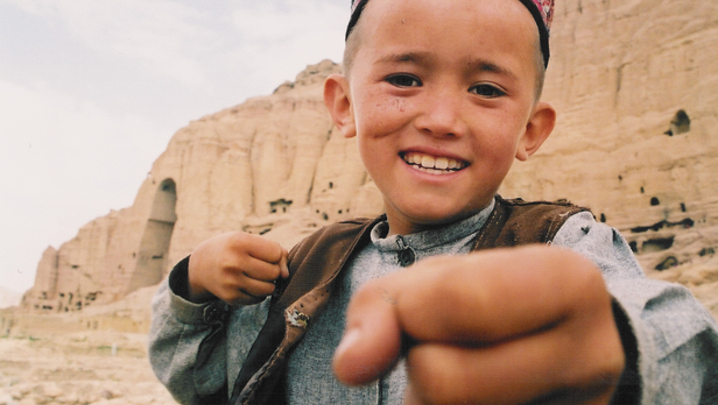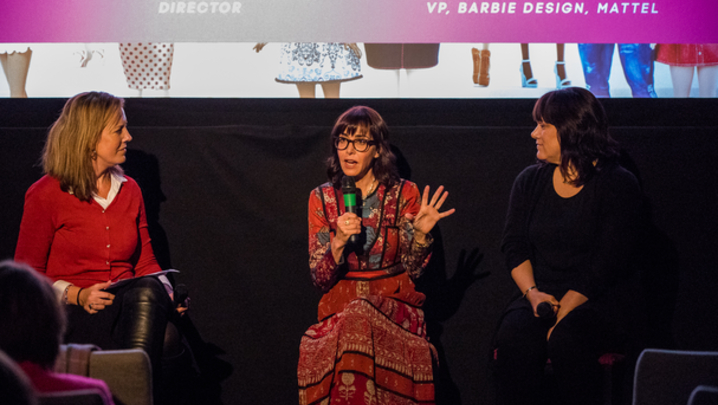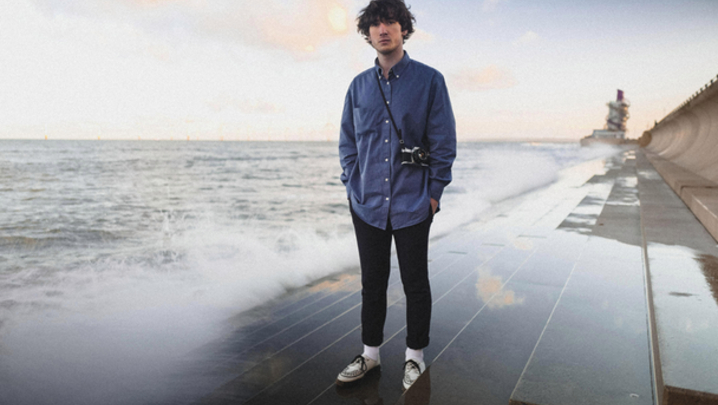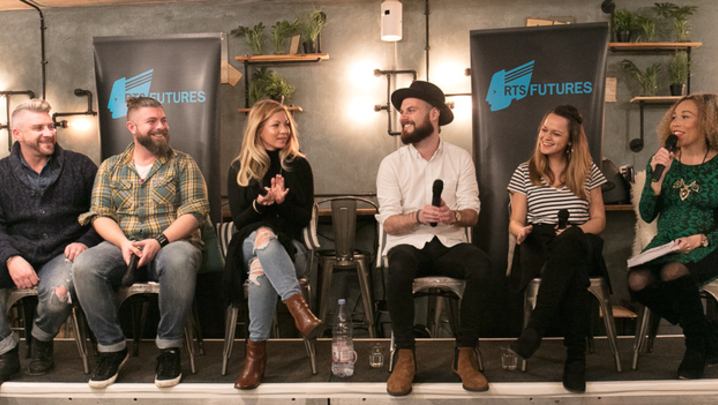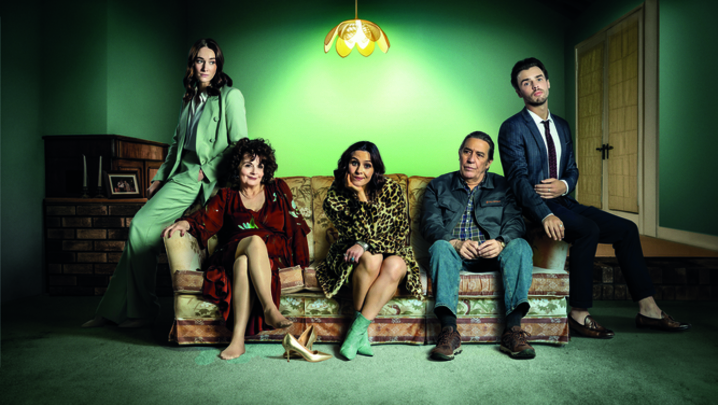In factual TV, gender parity in senior roles, including directing, has gone backwards. Harrison Bennett investigates
In spite of the righteous noise and well-intentioned initiatives launched by broadcasters, streamers and producers in recent years, two new reports indicate that, not only is the industry still a long way off from gender parity in creative roles, it is moving into reverse.
Creative Diversity Network’s six-year overview of Diamond data from 2016-17 to 2021-22 found that, among the “key creative and authorial roles of writer, director and producer/director... the gender gap is widening”. Female director contributions remain particularly low, having fallen from 26.9% to 25.3%.
The Diamond data shows that the disparity cuts across most genres, but factual TV presents a stark case study.
We Are Doc Women (WADW), an equal opportunities collective founded by documentary film-maker Clare Richards (Scouting for Girls: Fashion's Darkest Secret and What's the Matter with Tony Slattery) in 2017, recently published its own data. The glaring asymmetry speaks for itself.
Out of 25,242 factual TV credits between August 2021 and July 2022, women dominated the generally lower-paid editorial roles of researcher, assistant producer and producer at 68%, 76% and 72%, respectively.
But climb just one rung up the career ladder and a different picture emerges. Men dominate the next three positions, from producer/director to director and series director, at 73%, 74% and 94%.
This is the most common, if not the only, career path to director jobs in unscripted. But for women, it’s clearly littered with barriers.
Laura Warner, whose credits include Tigers: Hunting the Traffickers (BBC Two) and Unreported World (Channel 4) was stuck as a producer for at least 10 years. It wasn’t through lack of trying to become a director. She went to art school and studied photography among other subjects, “so [directing] was technically and professionally where I always wanted to be”.
But once she’d got her foot in the factual door, she found that the reality was that “there are certain roles that are definitely considered to be more female”. This difference in perception has been made palpable on several occasions. Once, Warner recalls, “I was the only member of a production on location besides my female producer and had gained access to an extraordinary but dangerous filming opportunity.”
By this time, she was an experienced director and cinematographer, having filmed in multiple war zones and been fully trained for hostile environments. She could also speak the native language fluently. “But my superiors called me, asking if I was capable of using a camera, then tried to have someone flown out to replace me who couldn’t speak the language and hadn’t had hostile environment training.”
Warner continued: “In the end, I filmed the situation but was flown back the next day and told that filming and location work was not for me. I was then kept at a desk until the end of the production.”
WADW identified this problem of perception as one of the top three challenges cited by women in their 2021 Factual Television Survey Report, along with being a parent and a lack of opportunities to progress.
It seems that, whereas men are inherently trusted with a camera, valued for their creative vision and therefore handed more opportunities, women are held back for more pastoral, people-facing and administrative roles.
This means there is also an element of “reverse sexism”, says fellow film-maker Jo Prichard (director of Strike: Inside the Unions and edit producer of Gods of Tennis, both for BBC Two). “I’ve had a lot of conversations with directors saying, ‘I just want a woman producer’... Men are less trusted to have a very compassionate phone call and document that very well.”
The cliché that “men get cameras, women get clipboards” still rings true. There have been recent efforts to bridge that skills gap, such as the self-shooting training programme for female producers launched by the BBC, Channel 4 and National Film and Television School in 2023, Female Self-Shooters.
But, facing such stubborn barriers to entry, many have been forced to forge their own paths. Or, as Warner puts it, to “shove a rocket up [their] CV”.
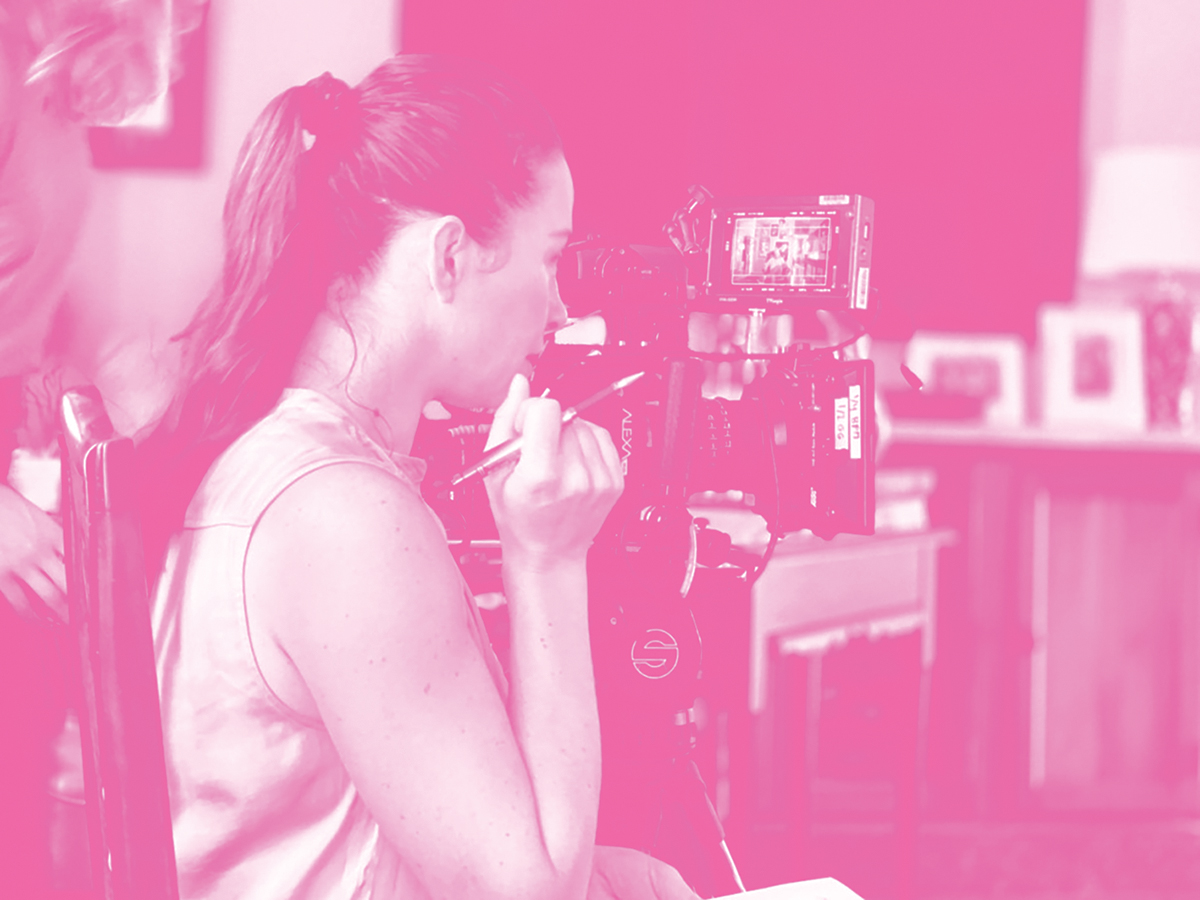
Warner and Prichard both produced their own films to seize that treasured first director credit: a film on the Iraq war for Channel 4 News (2005) and The Palace (2021) respectively. Warner has since also bought an Alexa Mini and a set of vintage prime lenses, and is developing her own projects, “so now nobody can turn around and say to me, ‘You shouldn’t be using that [camera]’.”
Not that a first credit is a cure-all. The 2021 Survey Report also found that nearly three times more women than men had yet to be offered a second directing role.
There’s also a danger that they become “typecast” for documentaries on specific subjects, especially those that have something to do with their identity or background. Cherish Oteka, who is black and non-binary, won a Bafta for their 2021 film The Black Cop, which saw the former Metropolitan Police officer Gamal Turawa tell his story of being both a victim and perpetrator of the institution’s racism.
Oteka believes that “the default [option]” is “white men”, “and the only times when that’s not the case are when they know it’s going to look bad if they have a white man directing.
“I’ve been told these specific words quite a few times: ‘We’re working on this film, and we need a strong black voice as the director.’” But, they wonder, “‘What projects are you approaching your white male directors for?’ Because I will talk to you about those ideas as well.”
Clare Richards reckons that a lot of these projects tend to be the landmark, award-winning films that more reliably set off the “feedback loop” of director jobs.
Alongside their day jobs, Richards and Prichard run WADW’s 50/50 Pledge to bring about gender parity. “Year on year, we want people to look at their slate and tell us who directs what,” says Richards. “This is not,” she emphasises, “some sort of statutory legal requirement. It’s just, do you want to be in a better industry? Then join us and we’ll do this together.”
It’s a way in which, adds Prichard, “people can make themselves accountable. It’s up to them to look at the numbers, and then they can see their own progress.
“At least, if they know, they’re empowered to change.”
They bring up the BBC’s most recent slate of factual commissions, announced by the broadcaster’s Head of Commissioning for Documentaries, Clare Sillery, at this year’s Sheffield DocFest in June. Only one of the films, Atomic People, has a female director in Megumi Inman, who shares her credit with Benedict Sanderson.
“What you don’t want is for companies to just capitalise on a moment and not back it up,” says Prichard. “Especially the BBC, which has a massive slate and a position of visibility.”
Across the board, the TV industry is under financial pressure, in large part due to the significant advertising downturn that has further shrunk the already tight budgets for factual programmes. There’s a shared concern that, when the industry suffers economically, diversity is the first thing to go.
“I keep hearing the term ‘bankable’,” says Oteka, “the subject matter needs to be ‘bankable’, but also, ‘we need to work with people who we trust will deliver’. There are fewer and fewer opportunities to gain experience because they want to see that [their films] are in a ‘safe pair of hands’. And they are perceived to be ‘safe’ only in the sense that they are familiar.”
There is some good news. The 70 companies and five broadcast partners who signed up to the 50/50 Pledge averaged 47% women directors on their factual output in 2021-22, overshadowing the wider industry’s 24%.
There’s also the fact that, despite this, women directors won 48% of the awards in factual categories at the last Bafta Television/Craft, Grierson and Broadcast awards; a reminder that diversity isn’t a risk, and it’s not just a moral victory.
It’s a win-win.

